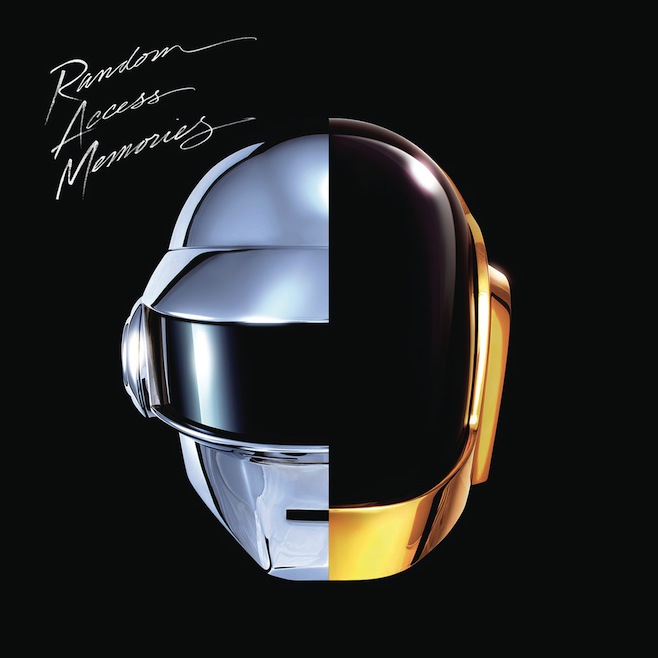Daft Punk redefined their music after working for five years on a single album. “Random Access Memories” dropped May 21 in the United States (though iTunes streamed the album for free), and with more than an hour of music, the lengthy compilation is both eclectic and broad in scope while still retaining disco undertones that pay tribute to the music of 1970s Los Angeles.
“Random Access Memories” incorporates numerous collaborations. Some work, and others don’t. Many people have heard “Get Lucky (featuring Pharrell Williams)” and most would agree that it contends for “the” summer song of 2013 or even best song of the year. The swinging house beat has a fantastic, hip-shaking rhythm, one that listeners recognize instantly. If not, then they identify the lyrics when Pharrell sings, “She’s up all night till the sun/I’m up all night to get some.”
But other songs, like “Giorgio by Moroder” fall flat. The Italian record producer slips his nine-minute track into the third slot of the album. Then he talks throughout most of the song, chronicling his experience in the music industry. Sonically, the music on “Giorgio” would not detract from the album if Daft Punk were to excise the monologue.
Another disappointment comes with “Instant Crush (featuring Julian Casablancas).” The lead singer for The Strokes, Casablancas vocalizes amid a flurry of oscillating synthesizers. However, Daft Punk auto-tunes Casablancas, removing his coarse voice and distorting the singer’s style — a disappointment for Strokes fans.
Collaboration works well on “Doin’ It Right (featuring Panda Bear)” — possibly the best song on the album. Daft Punk uses pitch-changing, synthesized vocals. “Doing it right/everybody will be dancing and we’re feeling it right,” the duo harmonizes in a sound similar to “Harder Better Faster Stronger.” Panda Bear of Animal Collective offers an echoing choral voice over the snap of live snare drums.
In fact, Daft Punk uses live sounds on every song except the finale, “Contact,” an evocative piece of yesteryear. Daft Punk wipes the cobwebs from their 1980s synthesizers, introducing the song with both nostalgic music and a transmission from the moon to Earth. Resounding organs send notes that march across the musical scale. A drum kit pounds in the background. All of the sounds reach an apical peak on the sonic roller coaster ride. And then Daft Punk channels the sounds through a funnel that distorts the crackling disintegration. “Contact” as a finale completes “Random Access Memories” in a fitting way.
Somewhere in the middle of the sprawling album, numerous unrecognized tracks exist, easily forgotten after listening to the enduring music. This is not because these songs lack the magic found elsewhere on “Random Access Memories,” but rather because the album is so cohesive the sound flows continuously.
Daft Punk went back to the basics, regressing to a period before the 1990s. “Random Access Memories” uses a form of disco that precedes house, something rare in the millennial age. Singles like “Get Lucky” evidence this slow-paced music, a type that is danceable but not necessarily crushing. After working for so long, it’s unsurprising that Daft Punk would produce an unprecedented piece of electronic work. Hopefully it won’t take another five years to complete their next project.


